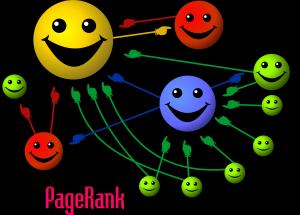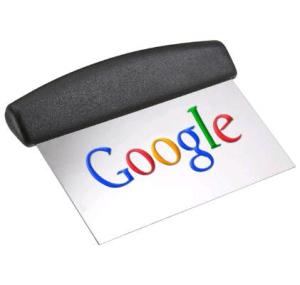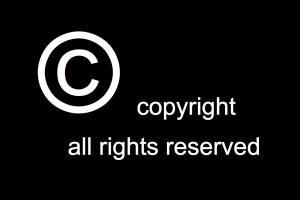 The laws pertaining to copyright are there for a reason which is to protect work created by authors, musicians and the like. But what about images of a person posted on the web? All too often, I’ve come across an image of a well-known person which has been stolen and used by someone else to create their own profile on a website like Peopleperhour.
The laws pertaining to copyright are there for a reason which is to protect work created by authors, musicians and the like. But what about images of a person posted on the web? All too often, I’ve come across an image of a well-known person which has been stolen and used by someone else to create their own profile on a website like Peopleperhour.
Not only is this deception but it could be viewed as fraud too. Sadly, the web has made information extremely accessible to some rather unscrupulous people who think nothing of stealing other people’s identities, and this includes their image which they then proceed to use as their own.
Does it really matter?
Yes, it most certainly does, because if a person is willing to pretend to be someone else, they are also more than likely willing to deceive unsuspecting clients in other ways too. This includes stealing someone else’s content and putting their name to it. Ultimately this can affect the real people these unscrupulous freelancers are pretending to be!
The problem is this type of theft is incredibly hard to police although a quick Google image search will soon let you know if an image of you is being used by someone else in their freelancing profile. Sadly, this is something that people usually only find out about if another person spots the image and then lets the real person know.
Using Someone Else’s Photo in a Profile is Wrong
Taking out legal action against another person who is masquerading as you on the internet can be time consuming and costly because finding out who they really are can be extremely difficult. The other thing you need to bear in mind, is copyright laws tend to vary in different countries.
If you find out or are told that someone is using an image of you in their profile, the first thing you can do is contact the site’s admin and tell them they have a member who is impersonating you. If the website fails to do anything about it, you need to read through the site’s terms and conditions of use and then take appropriate action.
A well run freelancing website would take the matter very seriously as do social media sites like Facebook, Twitter and Linkedin to name but three. If all fails, you should sign up to the website yourself and post your image in your profile. The person masquerading as you may just opt to choose an image of someone else, but at least they stop pretending to be you!
Lastly, you should write about your experiences at having others use your image in their profiles and do so in your own blog and then publicise your article through Twitter, Linkedin and any other social media platform you typically use. If you have a lot of followers, word would soon get around that somebody on the internet is impersonating you on a freelancer job website or other!
Author: Honey Wood




